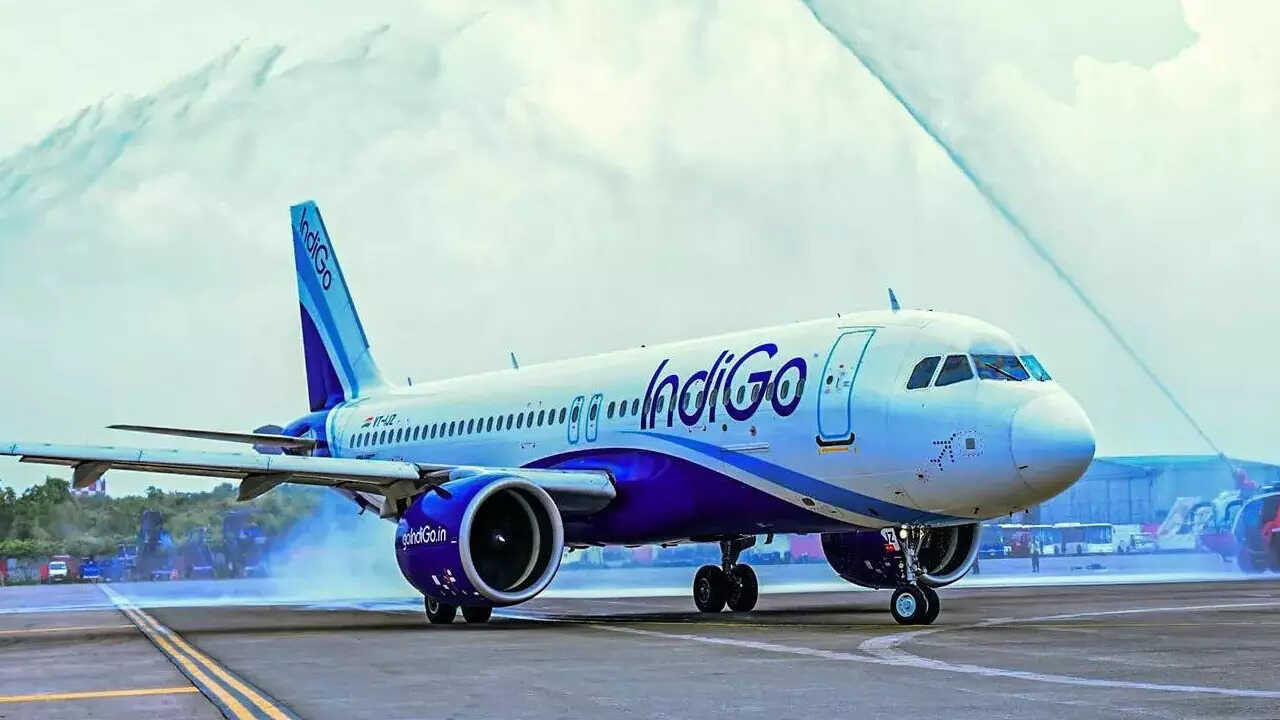Afghanistan’s Taliban government is seeking alternative trade routes through Central Asia as border closures with Pakistan cripple commerce, costing nearly $200 million monthly. Accusing Islamabad of politically motivated restrictions and exploiting traders, Kabul urges strengthening ties with Tajikistan, Uzbekistan, and Turkmenistan amid collapsed bilateral talks and escalating cross-border hostilities.
Trade Winds Shift: Navigating Afghanistan’s Border Closure Challenge
For centuries, the rugged passes snaking between Afghanistan and Pakistan have been more than just geographical features. They’ve been arteries of trade, pumping vital economic lifeblood between the two nations and beyond. However, recent escalations along the border are threatening to clog these crucial pathways, forcing Afghanistan to urgently explore alternative routes and potentially reshape its trading relationships. The financial implications of disrupted trade are significant, pushing the country to aggressively search for new, more reliable options.
The crux of the issue lies in heightened tensions and border closures. Accusations are flying, with Afghanistan placing blame squarely on Pakistan for instigating the disruptions. These closures aren’t just inconveniences; they represent a stark economic blow, reportedly costing Afghanistan a staggering $200 million in lost trade. This figure underscores the critical importance of cross-border commerce for the Afghan economy, and highlights the urgent need for stable and predictable trade routes.

Why the Border Matters: More Than Just Geography
The border between Afghanistan and Pakistan is a vital artery for regional trade. Closing this route isn’t just about preventing goods from crossing from one country to another; it ripples through the entire region. Afghan businesses rely heavily on this passage for both imports and exports, accessing markets in Pakistan and using it as a crucial transit point to reach larger international hubs. Everything from fresh produce to manufactured goods relies on the smooth operation of these border crossings. Disruptions translate directly into higher prices for consumers, reduced profits for businesses, and a general slowdown in economic activity. This is why Afghanistan’s border closure issues demand immediate solutions.
The Hunt for New Horizons: Exploring Alternative Routes
Faced with the economic realities of unreliable border crossings, Afghanistan is actively seeking alternative trade routes. This proactive approach reflects a determination to diversify its trade dependencies and build a more resilient economic future. One potential avenue being explored is increased engagement with Central Asian nations to the north. Developing stronger trade links with countries like Uzbekistan and Tajikistan could provide Afghanistan with alternative access to global markets, bypassing the challenges posed by the Pakistan border.
This shift is not without its challenges. Developing new infrastructure, streamlining customs procedures, and building trust with new trading partners all require significant investment and sustained effort. However, the potential rewards are considerable. By diversifying its trade routes, Afghanistan can reduce its vulnerability to political instability and create a more stable and predictable environment for businesses.
A Look at Potential Solutions and the Path Forward
Navigating this complex situation requires a multi-faceted approach. Diplomatic efforts to de-escalate tensions and ensure the smooth operation of existing border crossings remain paramount. However, simultaneously investing in alternative trade routes is essential for long-term economic security. This investment includes improving transportation infrastructure, such as roads and railways, within Afghanistan and across its borders with neighboring countries.
Furthermore, streamlining customs procedures and reducing bureaucratic hurdles can significantly reduce the cost and time associated with cross-border trade. Embracing digital solutions, such as electronic customs declarations, can further enhance efficiency and transparency.
Building stronger relationships with regional partners is also critical. Collaborative efforts to develop joint infrastructure projects and harmonize trade regulations can create a more integrated and prosperous regional economy.
The recent disruptions along the Afghanistan-Pakistan border underscore the fragility of trade relationships and the importance of diversification. While diplomatic efforts to resolve the immediate crisis are essential, Afghanistan’s focus on exploring alternative routes represents a strategic move towards building a more resilient and sustainable economic future. The search for new trade partners and efficient logistical pathways is not just a response to the current crisis; it’s an investment in the long-term prosperity of the nation. This situation echoes the challenges faced in building robust international trade corridors. For further reading, you might find our article on [supply chain diversification strategies](/supply-chain-diversification).
In conclusion, while the challenges are undeniable, Afghanistan’s proactive response to the border closures offers a glimmer of hope. By embracing diversification, investing in infrastructure, and fostering stronger regional partnerships, the country can navigate these turbulent times and build a more secure and prosperous future for its people. The ability to adapt and innovate in the face of adversity will ultimately determine Afghanistan’s success in securing its economic future.







